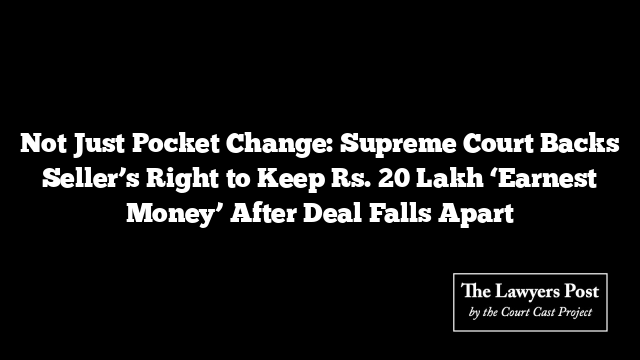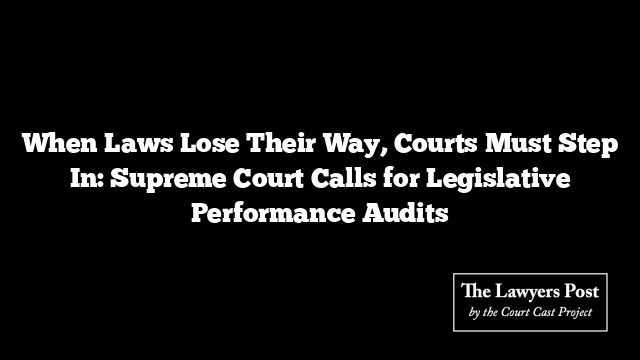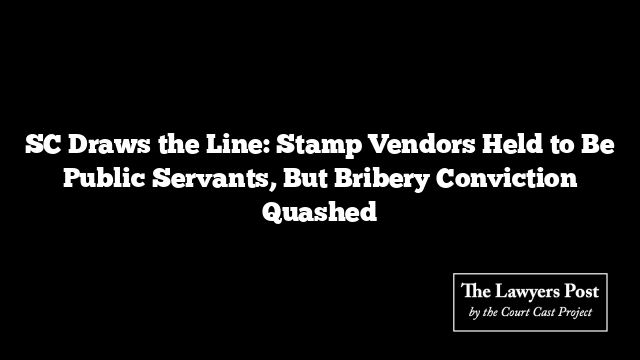In a case that tested the weight of a handshake backed by rupees, the Supreme Court made it clear: when parties shake on a deal and back it with earnest money, failure to follow through has consequences—especially when the contract calls it out.
The country’s top court upheld the forfeiture of Rs. 20 lakh paid under an Advance Sale Agreement (ATS), making it clear that this wasn’t just an advance—it was earnest money, a contractual anchor meant to secure performance. When the buyer failed to pay the remaining Rs. 35.5 lakh within the stipulated four-month period, the seller held on to the upfront amount. The buyer cried foul. The Court didn’t flinch.
Section 74 of the Indian Contract Act, which governs compensation for breach and penal clauses, was front and center. But the justices pointed to an old precedent—Fateh Chand v. Balkishan Dass—to clarify that Section 74 doesn’t kick in unless the forfeiture is punitive. Earnest money, the Court reasoned, isn’t a penalty in the usual sense; it’s a serious signal that the deal must go through.
The judgment leaned on clarity: the ATS itself labeled the Rs. 20 lakh as earnest money, to be adjusted if the deal went through—but to be forfeited if the buyer defaulted. The clause wasn’t one-sided either; had the seller backed out, they’d have been required to pay back double the advance.
Backing its stance with the Godrej Projects Development v. Anil Karlekar ruling, the Court emphasized fairness. A forfeiture clause can’t be enforced if it’s unfair or unconscionable—but that wasn’t the case here.
The buyer had tried to argue that the money was actually part-payment and couldn’t be retained. The Court wasn’t buying it. It drew a sharp line between earnest money—security for contract performance—and mere advance payment, which can’t be kept unless it’s explicitly tied to performance.
Citing Central Bank of India v. Shanmugavelu, the judgment laid it out in plain terms: earnest money is a handshake with legal teeth. It signals commitment. If the contract goes through, it may be adjusted against the price. If it doesn’t—and the buyer’s at fault—it stays with the seller.
The trial court had already found that the buyer’s failure had caused real loss to the seller, including missed financial obligations. That finding, backed by evidence, had held firm through the High Court and now at the Supreme Court. Even if Section 74 did apply, the Court said, the forfeiture would still stand because the losses far exceeded the amount retained.
The verdict closed the door firmly on the appeal. The Rs. 20 lakh stays with the seller—not as a windfall, but as the price of a broken promise.





